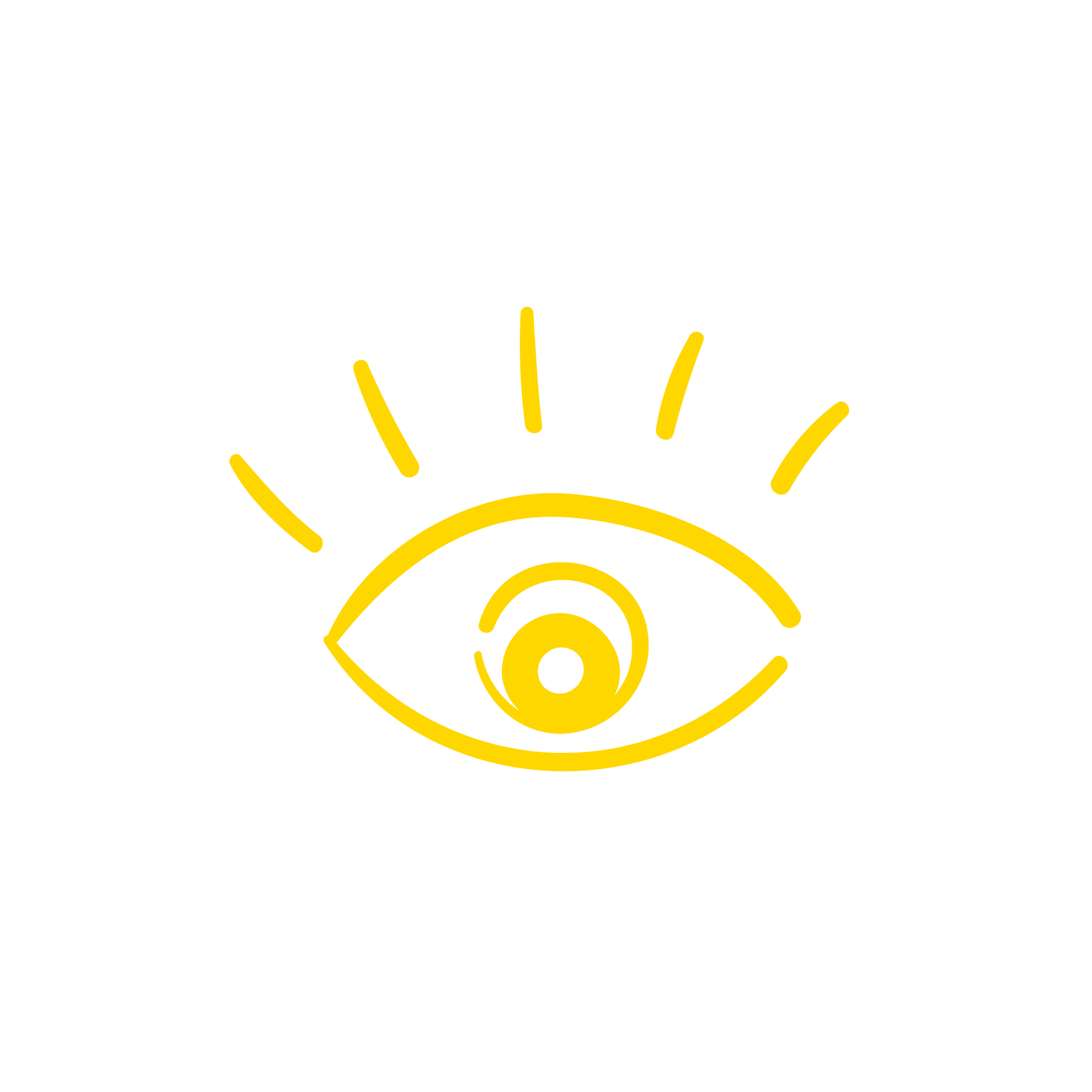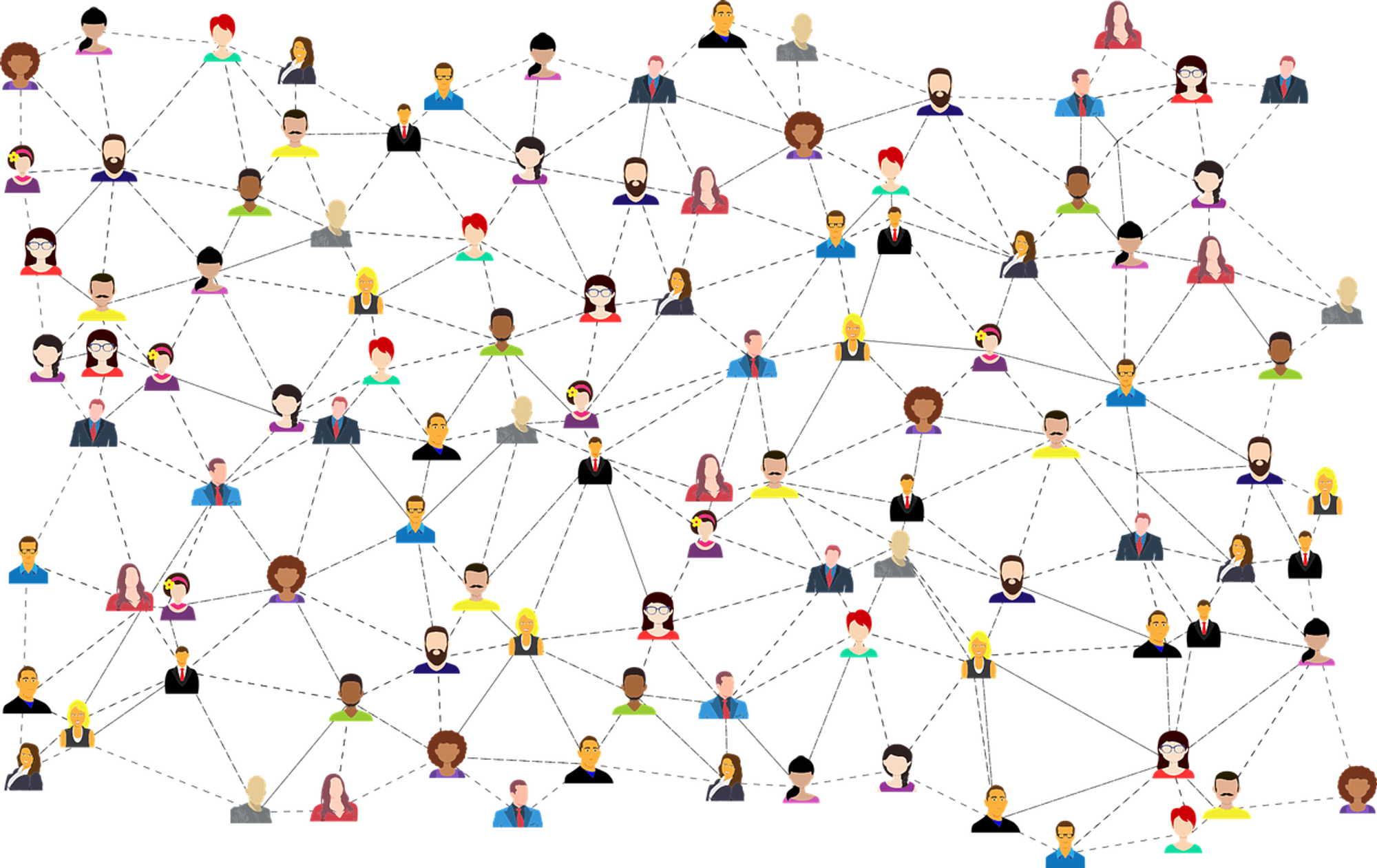Value creation happens at the edge of networks, but is not recognized, and is absorbed by platform companies that drive centralized networks. Despite the Internet being an open network powered by a common tongue that everyone can speak in - HTTP - it is still not possible to access your own data across various centralized networks such as Facebook or Google.
Walled Gardens
HTTP networks on the Internet are able to block content creators (and their own users!) from accessing data about how their content is consumed by other users on the networks.
As each centralized network does this, it becomes impossible for businesses to get a single view of their network activity, as instead of a single network that one can track across, there are as many networks as there are platforms on the Internet, and more.
The Attribution Problem
The problem with attribution models is that in the best case, they are incomplete and therefore generally useless. Worst case, they're outright wrong and downright harmful.
This report covers the problem in perfect amount of detail:
Because it is not possible to find out which user on Facebook (say) shared your content with a potential shopper (just that the shopper happened to click on the CTA), businesses are forced to give the attribution to the platform as a whole (Facebook itself, and not Joe Blow the Facebook user).
And as a result, marketing has no choice but to pour more and more money into buying clicks from Facebook (and others), which convert at less than 1% typically, paying for a service that delivers less than 1% efficiency is likely to be labeled insane in any other industry.
But in online advertising: TINA. There Is No Alternative, not until the walls of the walled gardens on the Internet are brought down, or some other magic technology comes along that solves this very basic problem of the Internet.
Multi-Touch Attribution
If a business can figure out exactly who the people were that drove the customer to a purchase, they might be able to compensate them directly for the sale using available commission.
The problem, as described above is one of data. On the Internet, as a potential customer discovers content about your brand, we want to track not only where they engaged with the content, but also how they discovered it, and ideally even who shared it with them in the first place.
If we can create a network of such folks who share content with potential shoppers on the Internet, we can then directly pay them for any sales they generate. This might seem like the traditional affiliate model but is not.
Last-Click Attribution
Affiliate Networks rely on the last click which indicates the purchase in order to make payouts. This link-tracking and click-tracking depends on the use of 3rd-party cookies because affiliate networks are not first party but third parties.
If these affiliate networks had more integration across the Internet platforms, they would be able to track better, but the platform companies have no incentive to allow this type of access. They would be able to attribute value to not just the final click that drives a purchase at the end of a customer journey, but would be able to track all hops of that journey across the social Internet, and really create a data-driven machine that drive their business.
3rd-Party Cookies
Apple decided to kill 3rd-party app tracking on iOS 14.6 onwards, starting a war on the Internet amongst platform companies. Google will follow suit, likely before the end of next year, and certainly before the end of 2023. In the name of privacy, they have tightened their grip on the Internet users on their platforms in an extreme way, now most SME businesses (and even large enterprises) are running blind on their marketing campaigns in so many ways.
In a way, this is perhaps a good thing, as it will force Internet businesses to think long and hard about how integrated they ought to be with various platform companies, and how to drive their own first party networks and platforms.
House of Cards
In many ways, today's Internet economy is a house of cards, relying on a single technical detail: Even though networks on the Internet are interoperable and free to use (thanks to the open HTTP protocol), these platforms block their own content creators from accessing information about the consumption of the content they create.
If this one technical challenge is overcome so that HTTP content can be meaningfully tracked across other HTTP networks, it would be a total game-changer for all existing business models on the Internet.



